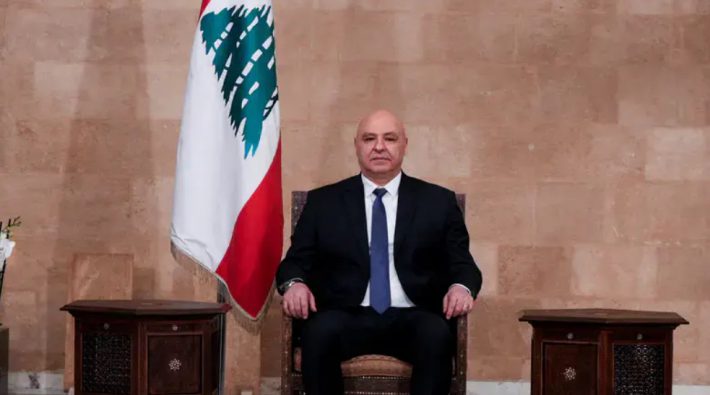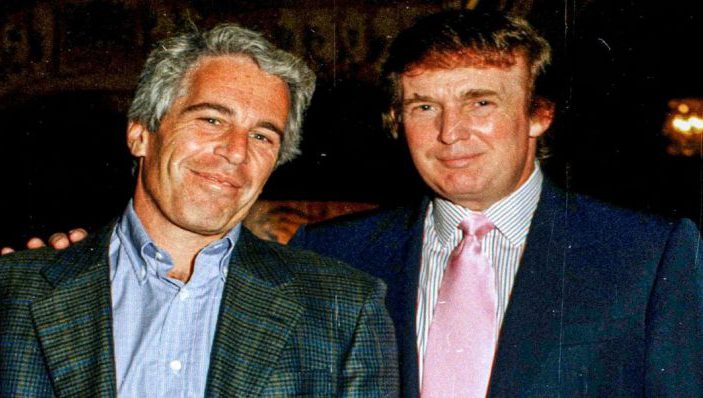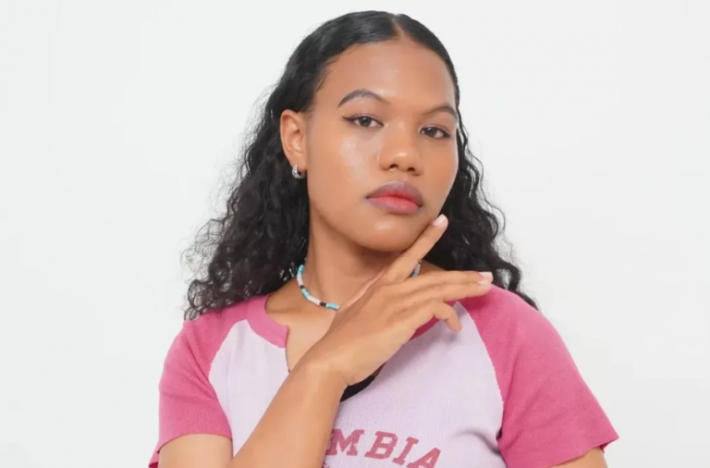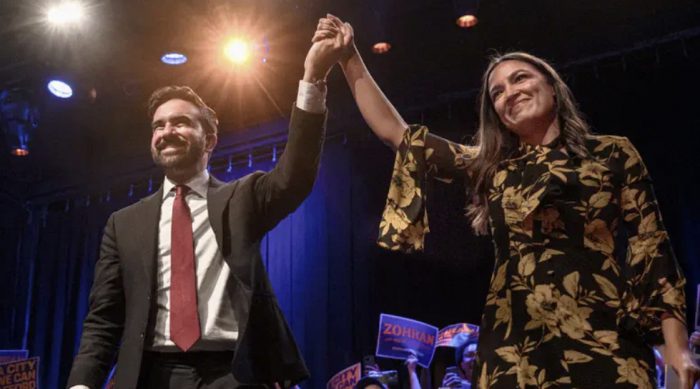In a bold stand for sovereignty, Lebanese President Joseph Aoun rejects foreign meddling, as tensions erupt over a US-backed plan to disarm Hezbollah amid Iranian resistance and Cabinet chaos.
Beirut is on edge as President Joseph Aoun issued a defiant warning from Baabda Palace, declaring that Lebanon will not be a pawn in regional power games. Meeting with Ali Larijani, Secretary of Iran’s Supreme National Security Council, Aoun underscored that friendship with Tehran must respect Lebanon’s sovereignty and represent all Lebanese—not just one sect.
Without naming names, Aoun rebuked recent provocative remarks from Iranian officials, saying such rhetoric undermines the trust needed for true bilateral cooperation. “Lebanon does not interfere in the internal affairs of other nations and expects the same courtesy in return,” he declared.
He also sent a stark warning: national security rests solely with the Lebanese state and its armed forces—not foreign-aligned militias or internal factions with weapons outside state control.
Larijani, bearing greetings from Iranian President Masoud Pezeshkian and inviting Aoun to Tehran, pledged reconstruction aid while insisting Iran respects Lebanon’s independence. But he also hinted at Tehran’s readiness to back Lebanon militarily against Israel—if Beirut asks—while reaffirming support for the “resistance,” a term synonymous with Hezbollah.
The high-profile visit comes as Lebanon’s Cabinet ignites political firestorms by endorsing a US-backed plan to disarm Hezbollah and place all weapons under state authority. The ceasefire-linked initiative demands a disarmament strategy by August 31 and full implementation before year’s end.
The decision triggered a walkout by five Shiite bloc ministers representing Hezbollah and Amal, who denounced the move as a “foreign diktat.” Hezbollah deputy leader Naim Qassem warned of “serious consequences” if the plan proceeds.
Iranian Foreign Minister Abbas Araghchi blasted the proposal, calling it externally imposed and reaffirming Iran’s unwavering backing for Hezbollah—claiming the group had “rebuilt itself” after past clashes with Israel.
Washington, however, hailed the Cabinet decision. US Ambassador Tom Barrack called it a “vital step for regional stability,” with President Trump and Secretary of State Marco Rubio voicing full support for a Lebanon free of Hezbollah’s military influence.
Hezbollah remains defiant, insisting the existing ceasefire is the only valid framework and demanding an Israeli withdrawal from southern positions before engaging in any new domestic talks.
With August’s deadline looming, Lebanon now stands at a dangerous crossroads—torn between foreign-backed state centralization and a powerful armed faction backed by Iran.





